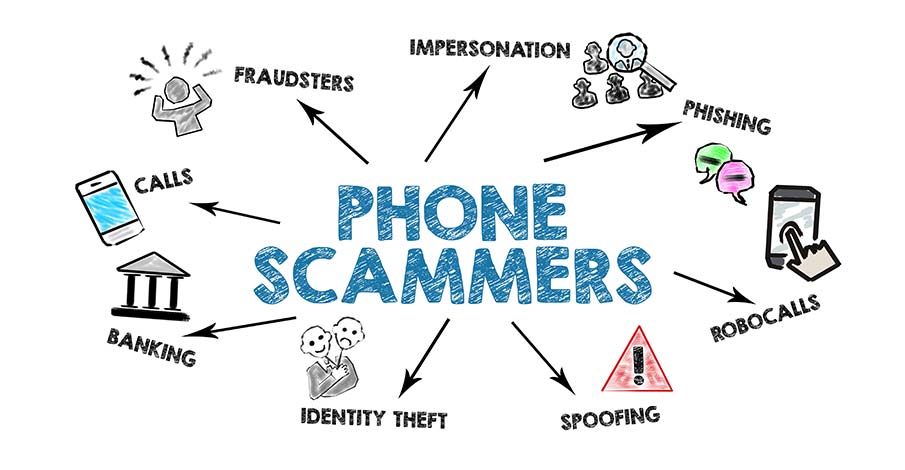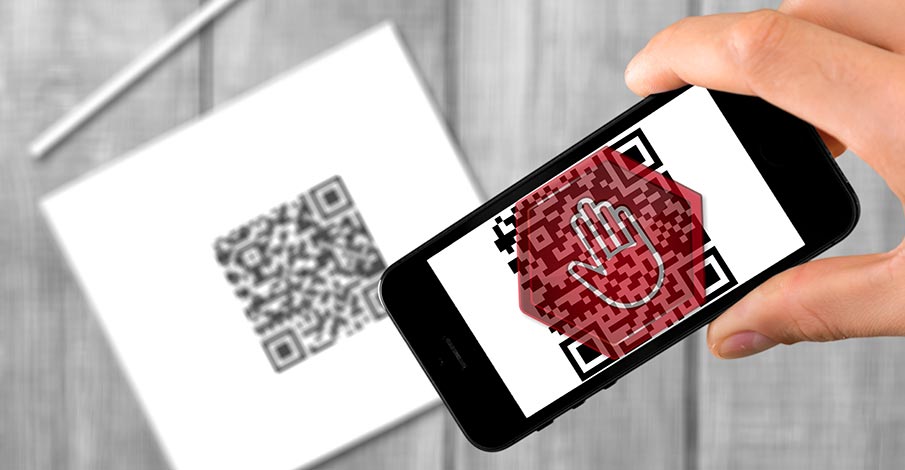Banks Offer Expert Advice
In a world where digital scams are becoming increasingly sophisticated, it’s critical to stay one step ahead of fraudsters. Imagine receiving a call from someone claiming to represent your bank, urgently instructing you to move your money to a "secure account." Unfortunately, these scenarios are far too real, leaving victims with empty accounts and countless questions. Your local banks are here to ensure you’re equipped to spot and avoid these scams.
“Fraudsters often sound convincing, but it’s important to remember that your bank will never ask you to move money to a different account or request sensitive information over the phone,” says Andrew Henning, AVP of Compliance at Northwestern Bank. “We encourage our customers to stay alert and always verify the legitimacy of a call or message.”
Key Tips to Avoid Bank Impersonation Scams
- Verify the Caller: Never rely on caller ID. If you’re unsure, tell the caller you’ll return their call using the number on the back of your debit card or another trusted source.
- Protect Your Information: Your Financial Institution will never ask for your passwords, PINs, or one-time access codes. Instead, we’ll guide you through secure steps to update them.
- Beware of Unusual Requests: Requests to send cash, use Bitcoin ATMs, or purchase gift cards are red flags. These are tactics scammers use to steal your money.
- Report Suspicious Activity: If you suspect fraud or have mistakenly shared sensitive information, contact your bank immediately using a verified phone number or visit your local branch.
If you receive a suspicious call, text, or email, or if you’ve already shared private information, act quickly. Call your local bank at a known number or visit one of their locations to report the incident and get assistance.
This article provides awareness of a growing threat and highlights the role banks play in consumer protection. It also outlines the essential steps to take if targeted by fraud.





